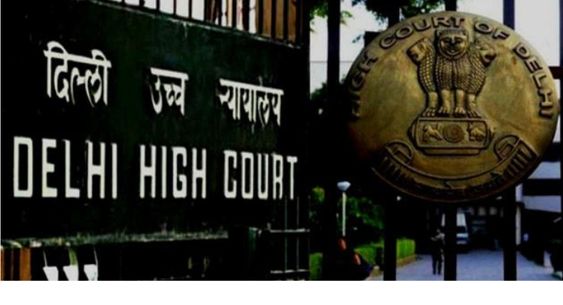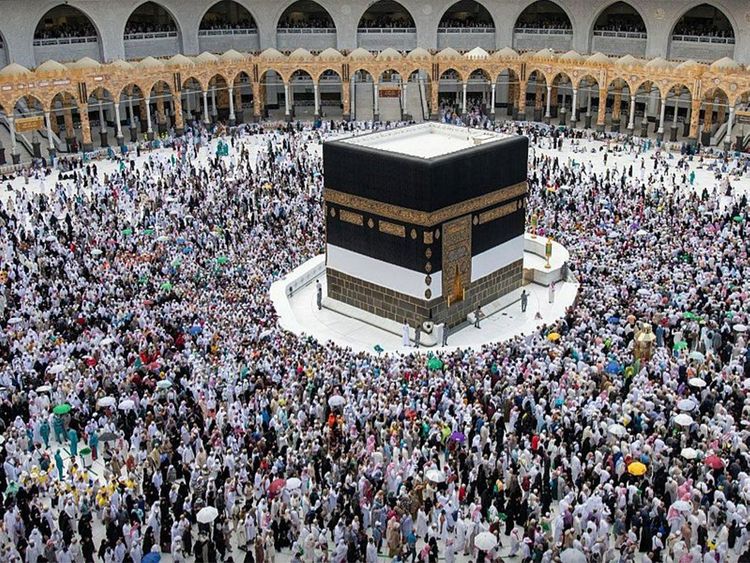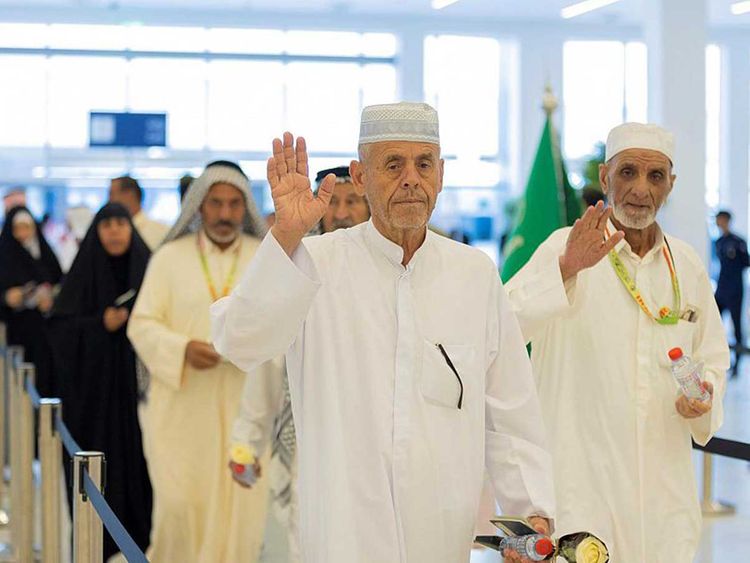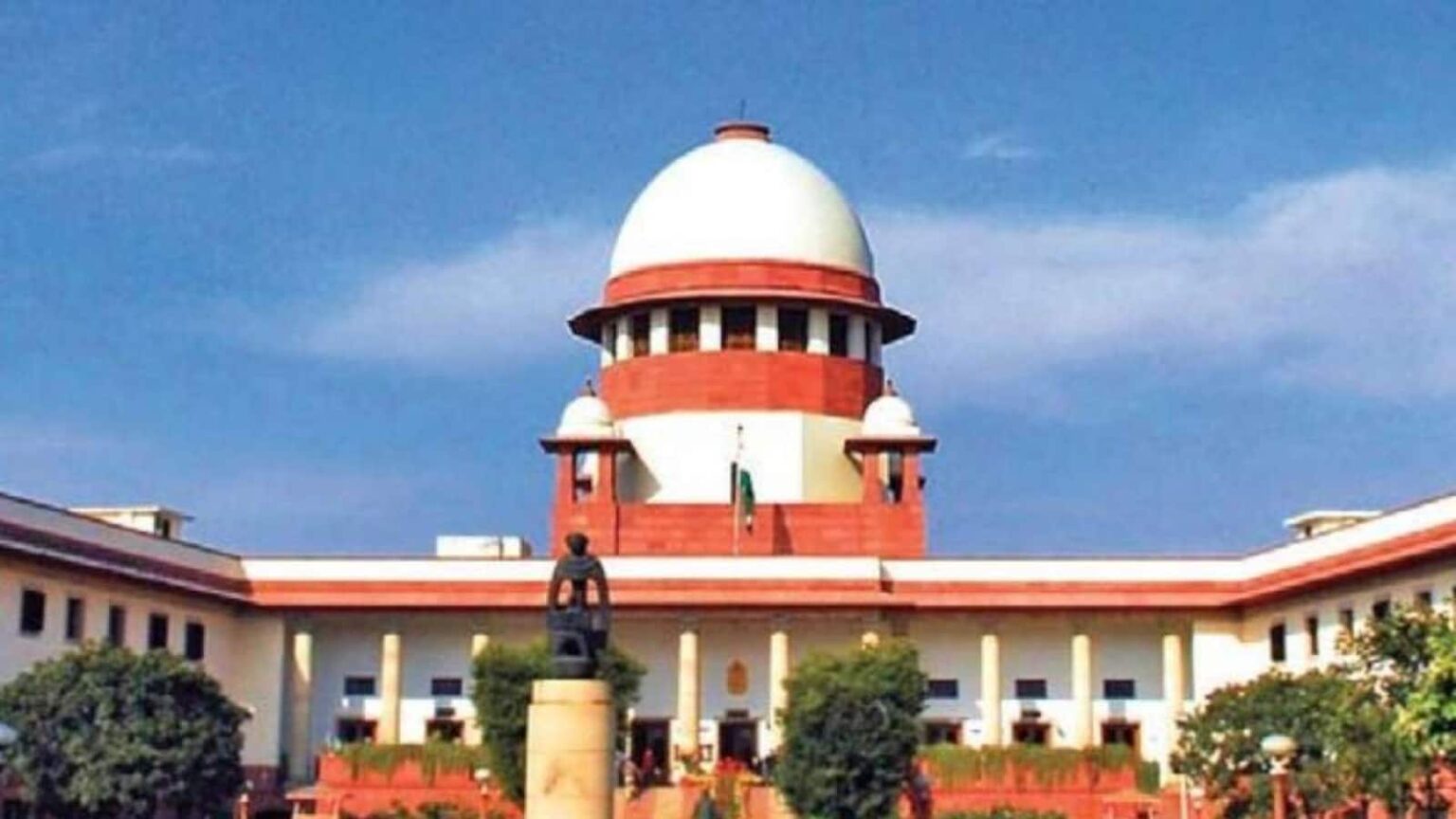The Supreme Court, today, refused to entertain the Union government’s appeal against the Delhi High Court’s order that halted the suspension of registration for specific private Haj Group Organisers (HGOs). The court opined that the issue was already being addressed by a Division Bench of the Delhi High Court and that the pilgrims should be allowed to undertake their Haj pilgrimage without the burden of ongoing litigation.
Background and Delhi High Court Order:
The Delhi High Court received multiple pleas from private Haj Group Organisers challenging the suspension of their registration certificates and quota for Haj 2024, as announced by the Union Government on May 25. To ensure the smooth completion of the Haj journey for the pilgrims, the Delhi High Court stayed the comments made in the consolidated list against the Haj Group Organisers. The court expressed the view that restrictions and conditions on registration and quota allocation could be imposed but should not adversely affect pilgrims who had registered in good faith with these organizers.

Union Government’s Concern for Pilgrims:
The Union Government, represented by ASG Sanjay Jain, expressed its intention to avoid any negative impact on the pilgrims. It assured that the pilgrims would not have to bear any additional expenses, and their travel arrangements would be transferred to other HGOs. The government also offered a financial guarantee to ensure the welfare of the pilgrims. ASG Jain emphasized that even the Delhi High Court’s order aimed to safeguard the interests of the pilgrims and highlighted the potential difficulties they might face in Saudi Arabia if the HGOs were found inadequate.
Supreme Court’s Decision and Justification:
The vacation bench of the Supreme Court, comprising Justice Surya Kant and Justice MM Sundres, declined to interfere in the matter, citing the upcoming hearing before a Division Bench of the Delhi High Court on July 7. Justice Surya Kant emphasized that the pilgrims should not face any psychological pressure due to ongoing litigation and suggested that the Union Government refrain from taking any action against the HGOs until the pilgrims returned. The bench believed that the concerns raised by the Union Government could be addressed and evaluated by the High Court, and it was in the best interest of the pilgrims to proceed with their journey without any legal burdens.

Hajj Pilgrimage: A Sacred Journey to Mecca:
The Hajj is an obligatory religious pilgrimage to the holy city of Mecca in Saudi Arabia. It is an integral part of the Islamic faith, and all physically and financially capable Muslims are required to undertake it at least once in their lifetime. Considered one of the Five Pillars of Islam, the Hajj holds immense significance in Muslim religious life.
The Five Pillars of Islam encompass the fundamental obligations of a Muslim believer. These pillars include the Shahada (Faith), Salah (Prayer), Zakat (Charity), Sawm (Fasting), and Hajj (Pilgrimage). Each pillar represents a vital aspect of practicing and strengthening one’s faith.
The Hajj pilgrimage occurs during the Islamic month of Dhu al-Hijjah, which is the final month of the Islamic calendar. Dhu al-Hijjah holds great sanctity and serves as a time for spiritual growth, reflection, and seeking closeness to God. Undertaking the Hajj is a demonstration of devotion to God and an opportunity to earn spiritual merit.

Promotion of Hajj Pilgrimage in India:
The Ministry of Minority Affairs in India plays a crucial role in facilitating the Hajj pilgrimage for Indian Muslims. The ministry serves as the nodal authority responsible for organizing the pilgrimage. In India, the Hajj pilgrimage is facilitated either through the Haj Committee of India (HCoI), which operates as a statutory organization under the Ministry of Minority Affairs, or through the ministry-approved Haj Group Organisers (HGOs).
Promotion of the Hajj pilgrimage is carried out by various religious organizations, Islamic cultural centers, and government agencies. These entities aim to raise awareness and facilitate smooth arrangements for pilgrims. Additionally, bilateral agreements, such as the Haj 2024 agreement signed between India and Saudi Arabia, contribute to the efficient execution of the pilgrimage. Under this agreement, a record-breaking number of 175,025 Indian Hajj pilgrims will have the opportunity to fulfill their religious obligation.
Conclusion:
The Supreme Court’s refusal to entertain the plea against the suspension of Haj Group Organisers’ registration upholds the Delhi High Court’s decision to prioritize the interests of the pilgrims. By allowing the Division Bench of the High Court to address the matter comprehensively, the Supreme Court ensures that the pilgrims can undertake their Haj pilgrimage without any psychological pressure caused by ongoing litigation. This decision reinforces the principle of facilitating a peaceful and spiritually enriching journey for the pilgrims.













